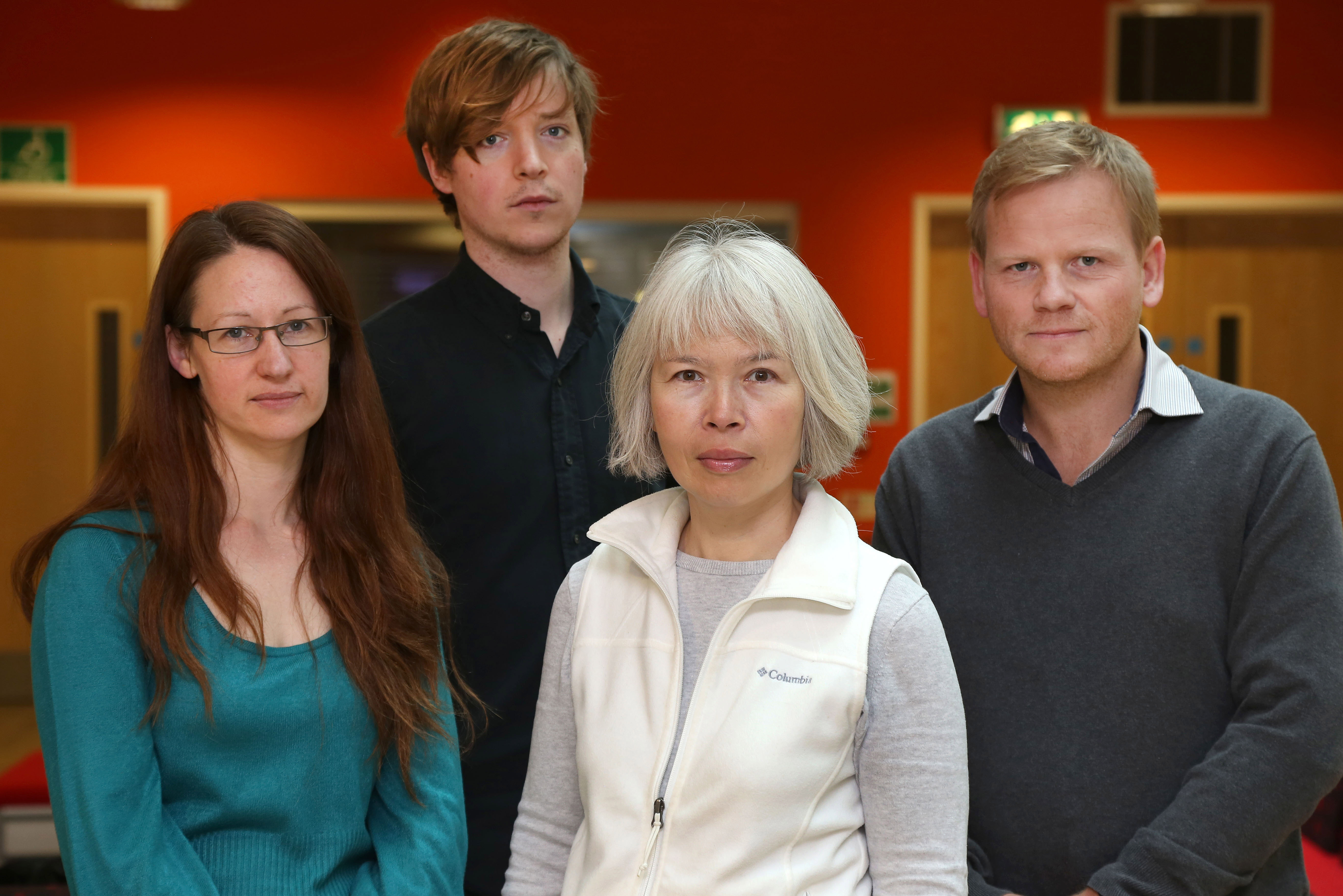Our friends, family and the professionals looking after us in the most difficult circumstances can also often find themselves helpless to improve the situation.
Philosophers at the University of Essex are now looking to understand experiences of powerlessness by working with academics and healthcare professionals including staff at St Helena Hospice in Colchester.
The three-year research project, funded by the Arts and Humanities Research Council (AHRC), responds to the crisis in public policy regarding how health care professionals should approach this issue in the aftermath of the withdrawal of the Liverpool Care Pathway.
The research team, based in the School of Philosophy and Art History, seeks to further our understanding of experiences of powerlessness and to develop an ‘ethics of powerlessness’.
They hope that this new ethical approach will help guide future policy debates and offer practical insights into caring for people who are in a situation of what might be called “profoundly diminished agency”, particularly at the end of life.
“We are aiming to understand these situations better”
Principal investigator Professor Beatrice Han-Pile said: “Ethical guidelines usually assume we are rational agents who can make decisions for ourselves as autonomous individuals. But if you are in a situation of powerlessness you are often not fully rational, you are weakened, you are not in control, you are not autonomous. We are aiming to understand these situations better so we can help people remain agents in their own lives.
Co-investigator Dr Dan Watts added: “Ethical guidance is typically addressed to those who have the power to act. But we are asking what ethics has to say to people who find themselves powerless. How do I act ethically when there is little or nothing that I can do to change my circumstances, or those of someone for whom I care, and yet feel there must be something I can and should do?
“If we can help people understand what it really means for someone to feel powerless we can also help policymakers and healthcare practitioners, alongside patients and their families, to understand what ‘empowerment’ means as well.”
Launch of website and workshop programme
The research team, which also includes Senior Research Officer Dr David Batho and Project Administrator Sarah Grant, is to hold their first workshop, featuring contributions from leading academics and health professionals, on Saturday 21 November. They are releasing a green paper on experiences of powerlessness in end of life care to coincide with the event.
They have also launched a new website, to encourage engagement and provide access to their research, event information and resources.
Research approach
Different philosophical approaches will be utilised to offer alternative perspectives on the ethical challenges raised by human experiences of powerlessness.
Phenomenology, the study of the structures of subjective experiences, will be utilised to understand how powerlessness is experienced and how individuals might be empowered.
The second strand of the project will draw on a neglected source in the history of Christian ethics – what 13th century philosopher and theologian Thomas Aquinas described as the ‘theological virtues’: faith, hope and love (sometimes referred to as charity).
The researchers want to find out whether a suitably adapted understanding of these theological virtues can provide the core of an ethics of powerlessness that can in turn provide guidance in navigating the challenges of diminished agency – in secular as well as religious contexts.
Professor Han-Pile: “We want to find out why Christians have found these virtues of help in situations of powerlessness by interrogating that tradition. Beyond that we want to see whether it might be possible to export at least some of the features of these virtues into secular contexts so they can be of use in a multicultural society.”
More about Arts and Humanities Research Council (AHRC)
The Arts and Humanities Research Council (AHRC) funds world-class, independent researchers in a wide range of subjects: ancient history, modern dance, archaeology, digital content, philosophy, English literature, design, the creative and performing arts, and much more. This financial year the AHRC will spend approximately £98m to fund research and postgraduate training in collaboration with a number of partners. The quality and range of research supported by this investment of public funds not only provides social and cultural benefits but also contributes to the economic success of the UK – www.ahrc.ac.uk

